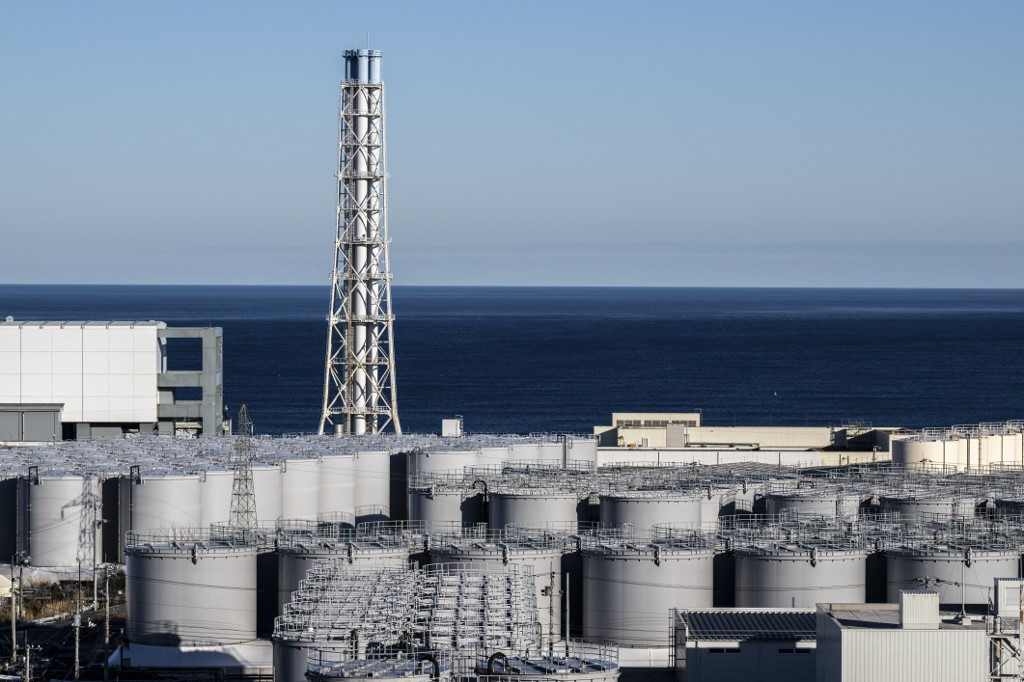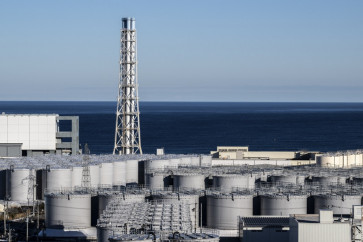Popular Reads
Top Results
Can't find what you're looking for?
View all search resultsPopular Reads
Top Results
Can't find what you're looking for?
View all search resultsFukushima treated water release may steal the show in ASEAN meetings
No country, including China or South Korea, can guarantee the Fukushima nuclear disaster would never happen on its home soil.
Change text size
Gift Premium Articles
to Anyone
J
apanese Prime Minister Fumio Kishida is on a nearly impossible mission to finalize the gigantic project to comprehensively restore the ruined Fukushima nuclear power plant after a tsunami destroyed it in January 2011. No matter how solid the scientific evidence Japan can present to prove the safety of the Fukushima-treated water, opposition will remain fierce from neighboring nations and the country’s own population.
According to Reuters, the Fukushima company, TEPCO, has been filtering the contaminated water to remove isotopes, leaving only tritium, a radioactive isotope of hydrogen that is hard to separate from water. The company will dilute the water until tritium levels fall below regulatory limits before pumping it into the ocean from the coastal site.
"Tritium from Fukushima is much lower than tritium from the same facilities in China, Taiwan and South Korea," the statement concluded. But evidence is not the only issue; conflicts and rivalries exist.
It is indeed a complex issue, so PM Kishida's goal is akin to a mission impossible. Japan can go ahead with the plan to discharge the nuclear plant’s waste water, but, as China has warned, the world's third-largest economy after the United States and China should prepare itself for the worst consequences, including possible boycotts far beyond a ban on Japanese seafood.
To add the embarrassment, staunch opposition also comes from home. Masanobu Sakamoto, president of JF Zengyoren, the National Federation of Fisheries Cooperatives, strongly opposes the treated radioactive water discharge. He demands that the government find an alternative to overcome the hazardous waste.
"We cannot support the government's stance that an ocean release is the only solution," said Sakamoto after a meeting with Economy and Trade Minister Yasutoshi Nishimura.
But as Indonesians often say, those critics and nations that reject the Fukushima solution can “face their karma”, especially neighboring nations with nuclear power plants, such as China, South Korea and even Taiwan. They may face nuclear disasters themselves in the future.



















